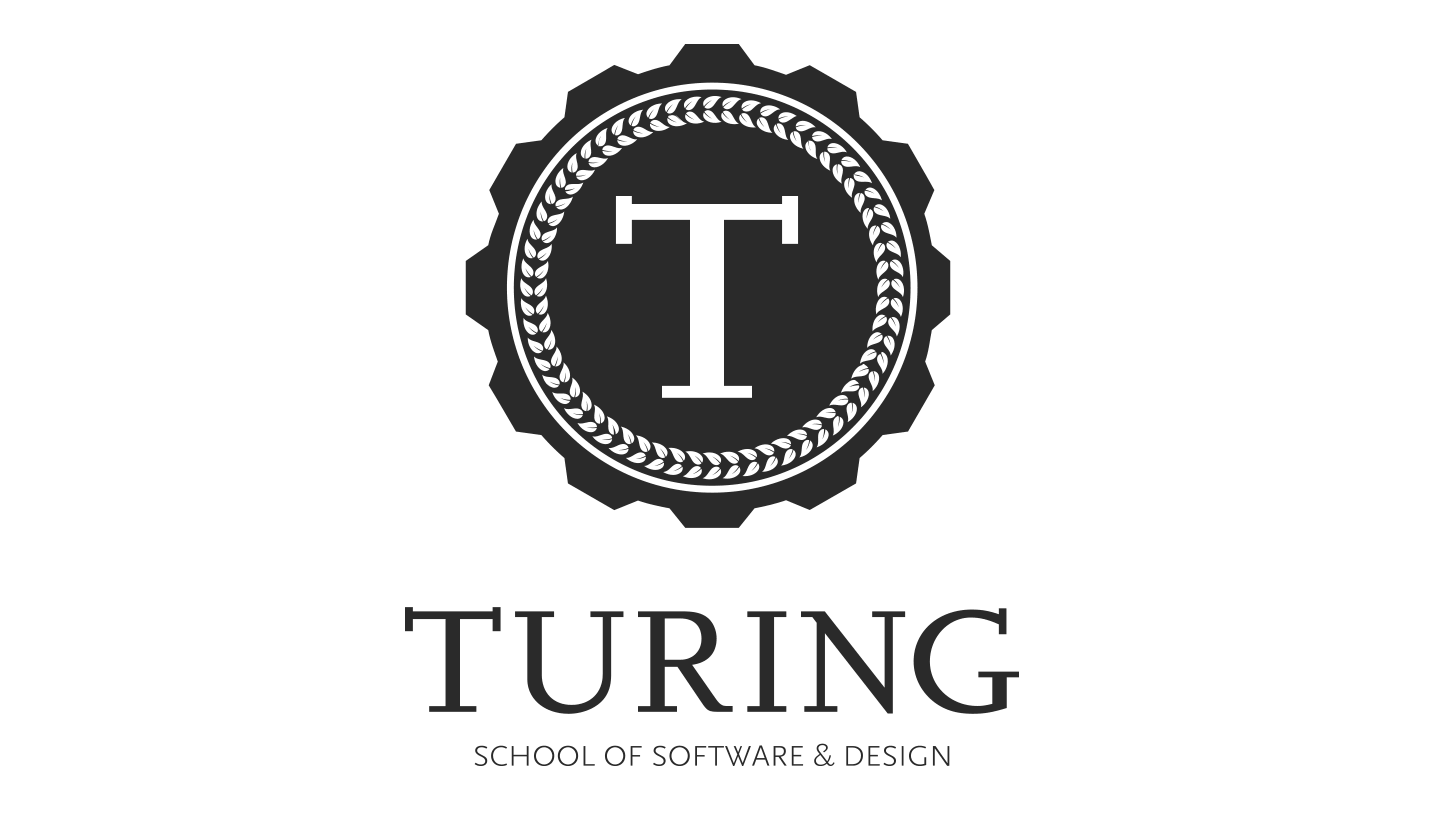Interview with Jorge Tellez, Director of Admissions at the Turing School
Posted on March
9,
2015 by Abby. Tagged:
The Turing School of Software & Design is one of Denver’s premier programming schools, helping to train the workforce that fuels our growing tech industry. BWBacon recently reached out to Jorge Tellez, their Director of Admissions, to talk about programming in Denver and where the tech industry is going in 2015.
BWBacon: Tell us about yourself and your role with Turing
Jorge Tellez: I spent several years building partnerships with businesses, governments and NGOs in Latin America and the Caribbean. I worked in a presidential campaign, promoted Human Rights in Cuba, launched disaster relief initiatives and raised awareness for human trafficking, among other things.
At Turing, I work on student admissions, growth, and running full-group class sessions, particularly around Ruby, Ruby on Rails, and product design.
BWB: That’s such an interesting history! How did you get involved in programming?
JT: My first programming language was BASIC when I was a kid. My best friend had a Commodore 64 that we used to play games. Then my parents got me an Atari XE, which came with a little BASIC programming book. I found it really cool, but I didn’t know what to do with it.
Programming was never a viable career path for me. I didn’t know how you could become one. My best friend went to study Computer Science, but I found the curriculum outdated and incredibly boring. I wanted to build web apps but didn’t know how.
Years forward, after doing international development, I felt incredibly frustrated by the pace of it. I thought that the solutions that we provided were hardly sustainable and that we spent more time pleasing donors than building opportunities for beneficiaries on the ground.
I quit my job and went back to Mexico to found a startup and try to build up the tech ecosystem there. I realized that technology could give me a unique opportunity to amplify social change.
During those days, I spent most of time around developers and it hit me then: if I wanted to be serious about technology, I had to become a developer.
BWB: How did you come to work for the Turing school?
JT: I met Jeff Casimir when I attended the previous iteration of the Turing School. It was a life-changing experience. I enjoyed programming so much and I learned tons from him, Franklin Webber and Katrina Owen.
When I graduated, I started looking at potential companies and got some offers. However, Jeff asked me whether I wanted to join the team, and I barely though about it before accepting.
Now, I am extremely happy to be part of an amazing team of passionate, driven and smart people that care deeply about making the programming scene more open and inclusive.
This is a great place to be.
BWB: What are your thoughts on the tech scene in Denver?
JT: I think the tech scene in Denver is booming. Programs like ours are helping people learning how to program creating a unique pool of highly qualified talent.
I think sooner than later, tech companies in San Francisco and New York are going to realize that their engineering costs are prohibitive, and they are going start thinking about opening development branches in Colorado.
It just makes sense.
BWB: What predictions do you have for the programming and tech industry in 2015?
JT: I think this year it’s going to be very interesting to see what happens with Rust, Go and Swift programming languages. Rust is supported by Mozilla, Go by Google (kind of) and Swift by Apple. From these, Swift is gaining adoption like crazy thanks to Apple's ecosystem, and the fact that is replacing Objective-C, whose syntax was showing it’s age.
In terms of the tech industry overall, I think there is this interesting trend of mobile Operating Systems expanding into new areas such as cars, watches and connected homes. I think the smartphone is quickly becoming a personal platform that will allow us to extend our data and capabilities into areas where technology and innovation have been very limited. Having experienced smartphones for years, consumers will be demanding the same sort of seamless experiences when driving their cars, watching TV or tracking their health. Therefore, I think the most interesting innovations and trends will happen in the intersection of existing industries and technology.

